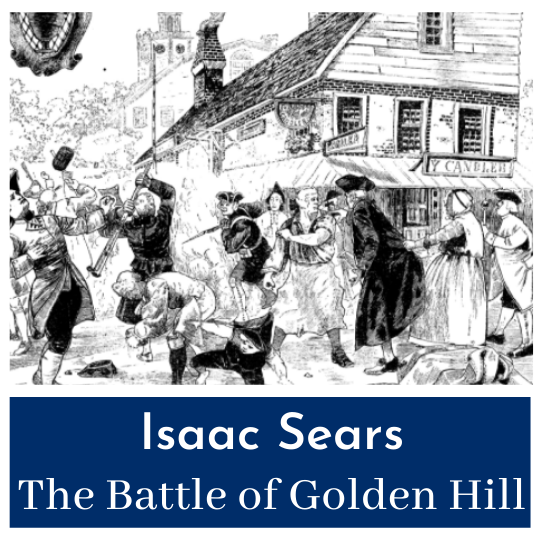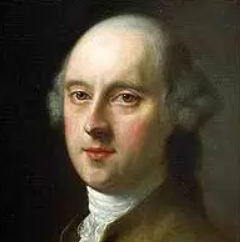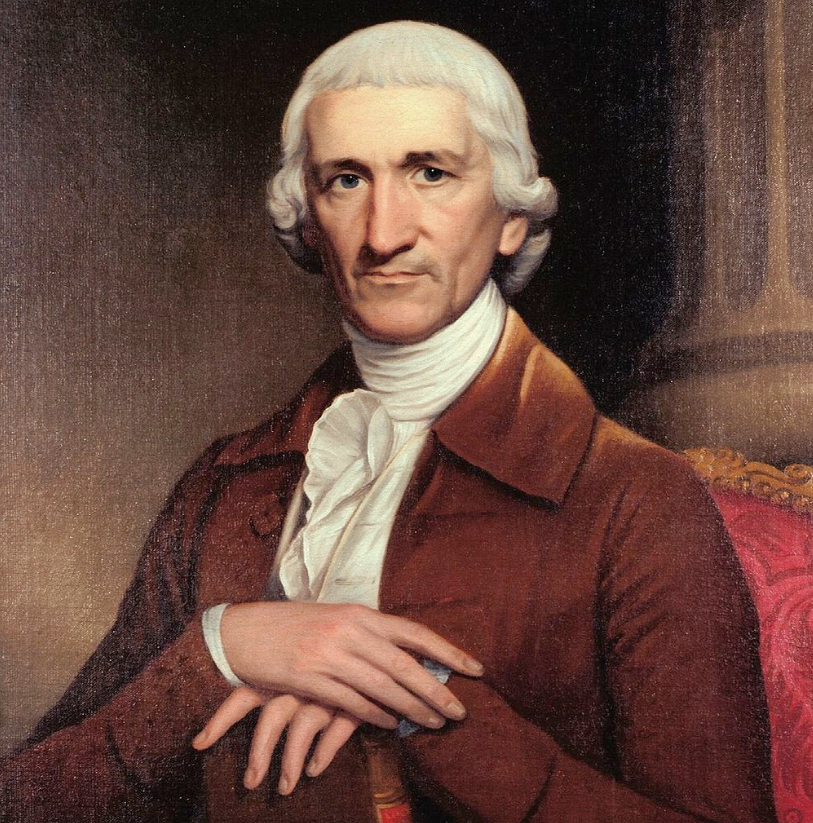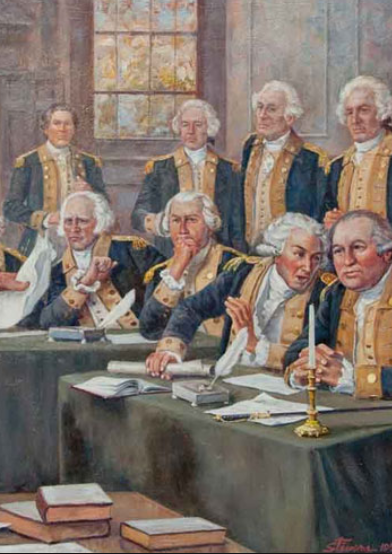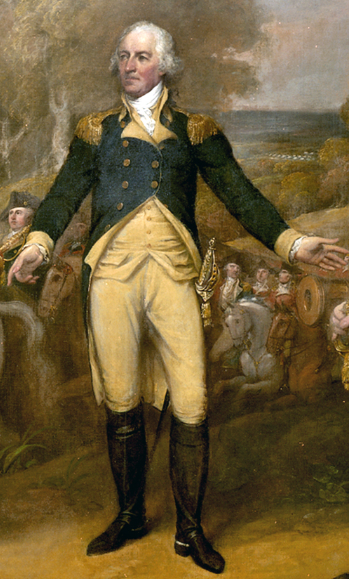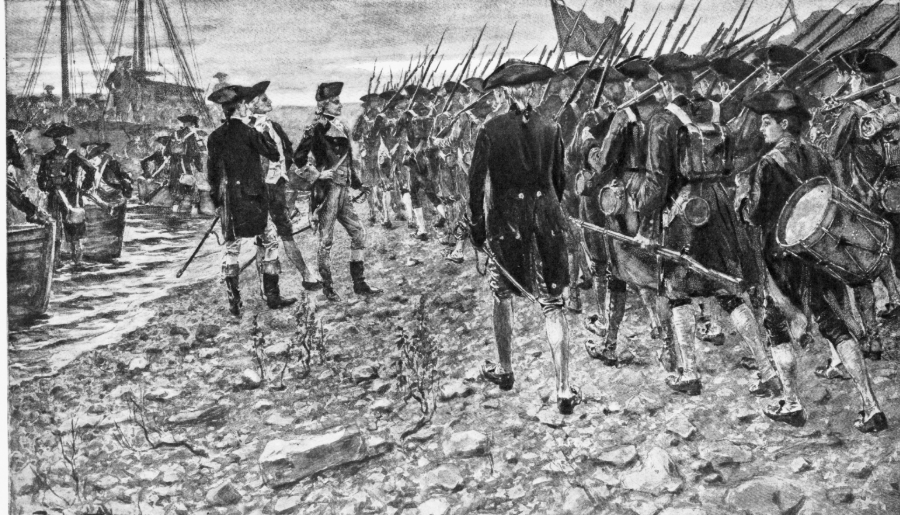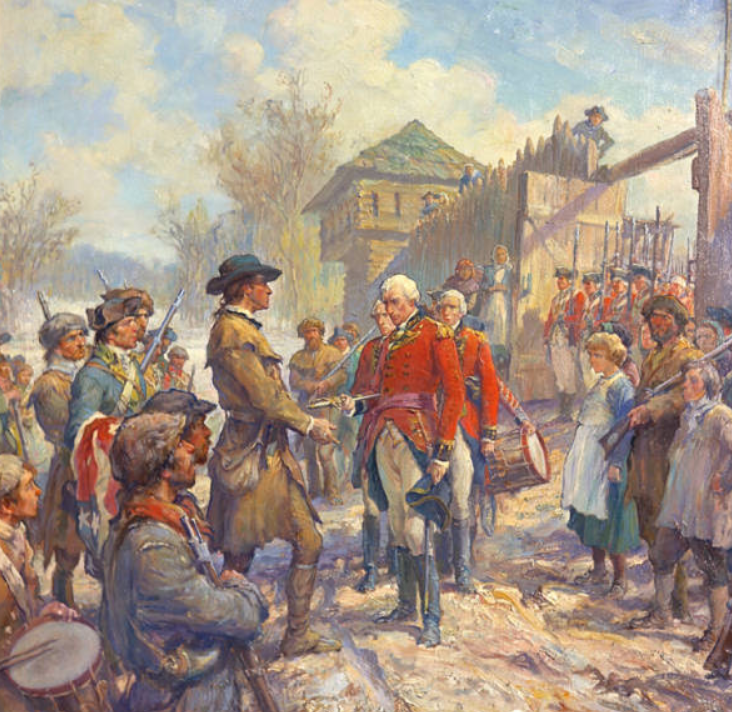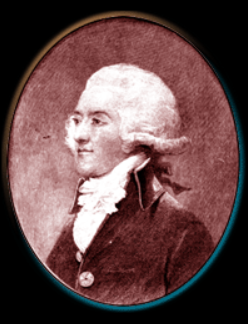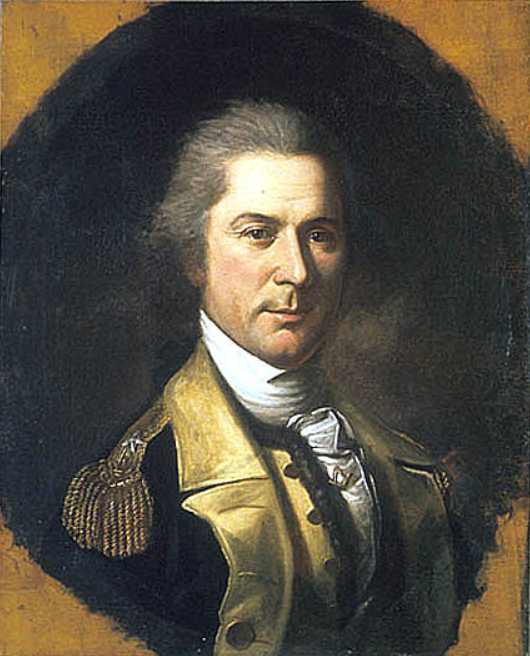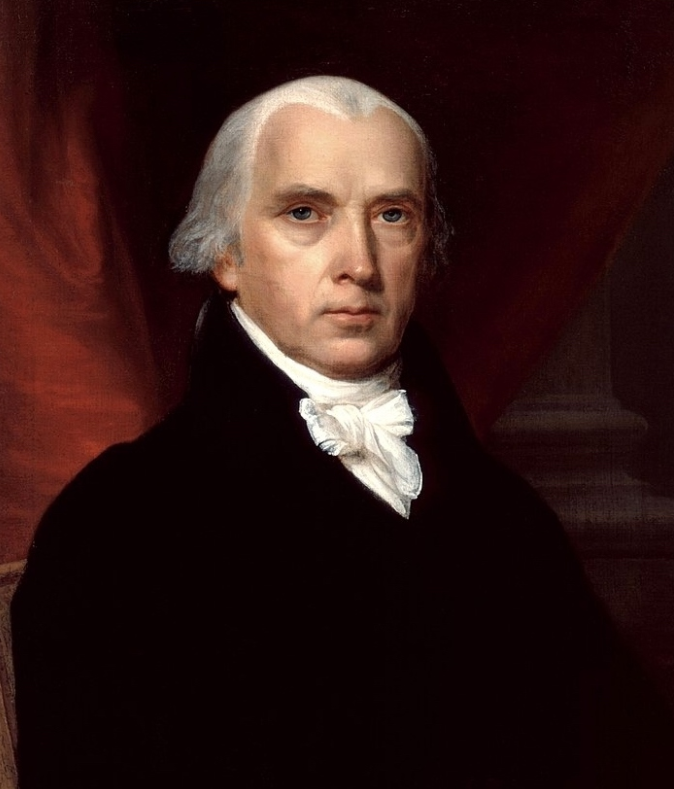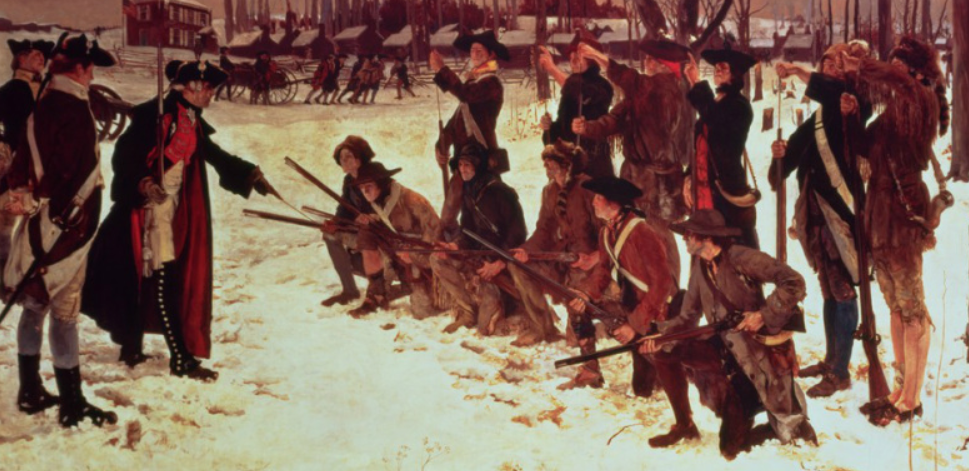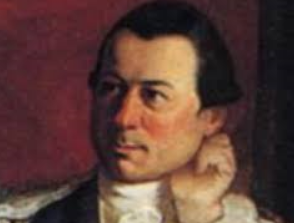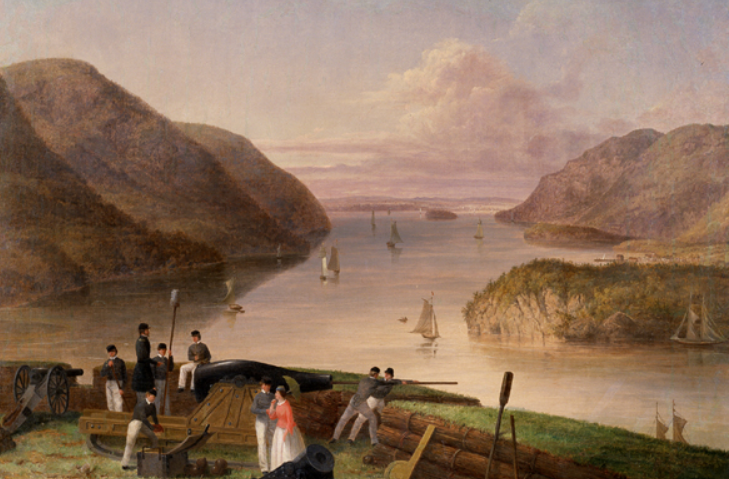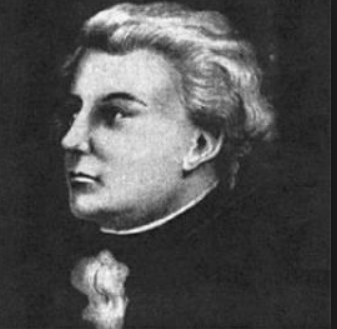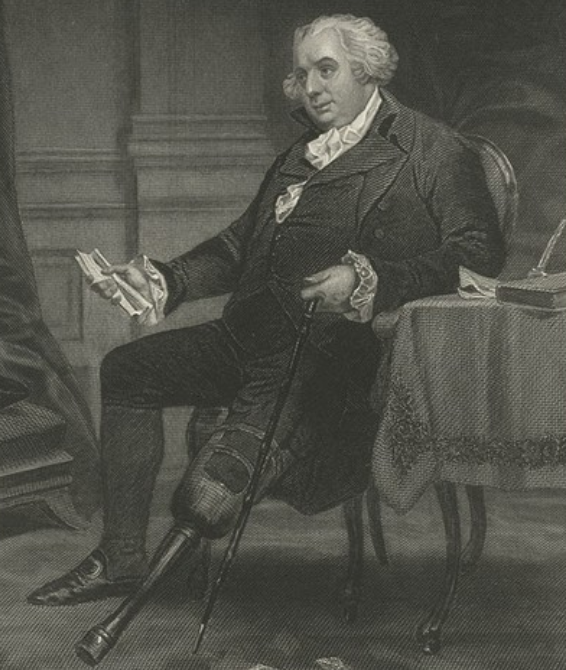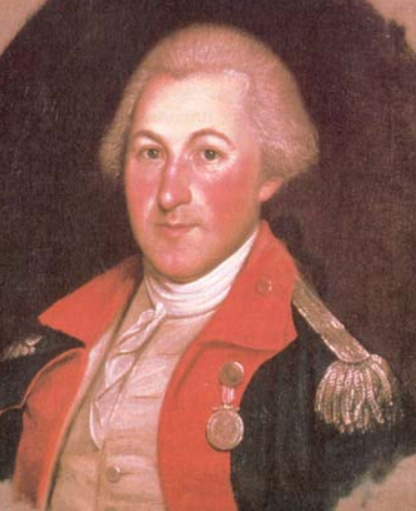The Battle of Golden Hill was more of a standoff than a battle, but it was the first time blood was drawn between Patriots and Redcoats.
All in Stories
Future Signers in Edinburgh - The Persuasive Richard Stockton
Declaration signer Richard Stockton met with several other signers a decade before the revolution on matters of education.
No Promotion - Charles Thomson Dreams Too Big
Charles Thomson was Secretary to the Continental Congress throughout the Revolutionary War, but things became complicated after the Constitution was ratified.
Weak and Flighty - The Sentencing of John Wisner
John Wisner was a Captain in the Continental Army who’s actions in the field demonstrated that he was just not made to be a soldier.
Abandoned on Montresor's Island - Michael Jackson's Lone Boat
Colonel Michael Jackson was wounded when his men were abandoned while attacking Montresor’s Island.
The Invisible Army of Horatio Gates
Horatio Gates was given command of the Continental Army in Canada after that army no longer existed.
Free Canons - Seth Warner Takes Crown Point
Seth Warner led a segment of the Green Mountain Boys in the capture of Fort Crown Point the day after the Patriots took Fort Ticonderoga.
Pipe Smoke at Oriskany - The Dedication of Nicholas Herkimer
In a situation where other men might have quit the field, Nicholas Herkimer lit a pipe and guided his soldiers to victory.
Revenge Hanging - Joshua Huddy and the Charles Asgill Affair
The Asgill Affair was a challenging time for General Washington which slowed down peace negotiations in France
Heir Apparent at the Treaty of Paris - William Temple Franklin
William Temple Franklin was Benjamin Franklin’s grandson and Secretary at the Treaty of Paris.
Otho Holland William's Tiny Cell - The Punishment of Continued Correspondence
Otho Holland Williams is mostly known for his success in battle, but early in the Revolutionary War he was treated harshly as a POW.
Conqueror of the Northwest - George Rogers Clark and the Illinois Campaign
George Rogers Clark was one of the military leaders in the often overlooked theater of the Revolutionary War in the Northwest Territory.
Madison Beats Monroe - The Small Election with Big Implications
James Madison’s defeat of James Monroe in the inaugural election for the House of Representatives is one of the most underrated political campaigns in American history.
Steuben's Valley - Forging an Army
Baron von Steuben’s extensive military training as Inspector General at Valley forge turned the Continental Army into the fighting force it needed to be victorious in the Revolutionary War.
The Continental Congress Kicks Out John Joachim Zubly
John Joachim Zubly was an early spokesman for the Patriot cause who turned Loyalist after disagreements with the Continental Congress.
The Invalid Corps - Lewis Nicola's Disabled Soldiers
The Invalid Corps were eight companies of Continental Soldiers who, despite surviving great wounds, continued in service to their country any way they could.
Before the Capital - L'Enfant at War
Before Pierre-Charles L’Enfant organized Washington, D.C. he was an Officer in the Continental Army.
The Secret Governor - Arthur Middleton Rejects an Appointment
Arthur Middleton was a South Carolina signer of the Declaration of Independence.
The Amputation of Gouverneur Morris - Finding Truth in a Legend
The amputation of Gouverneur Morris’ left leg has led to some outrages stories…though many are simply not true.
Saying No To Washington - John Eager Howard Needs Some Exercise
John Eager Howard turned down the opportunity to act as the third Secretary of War of the United States.
